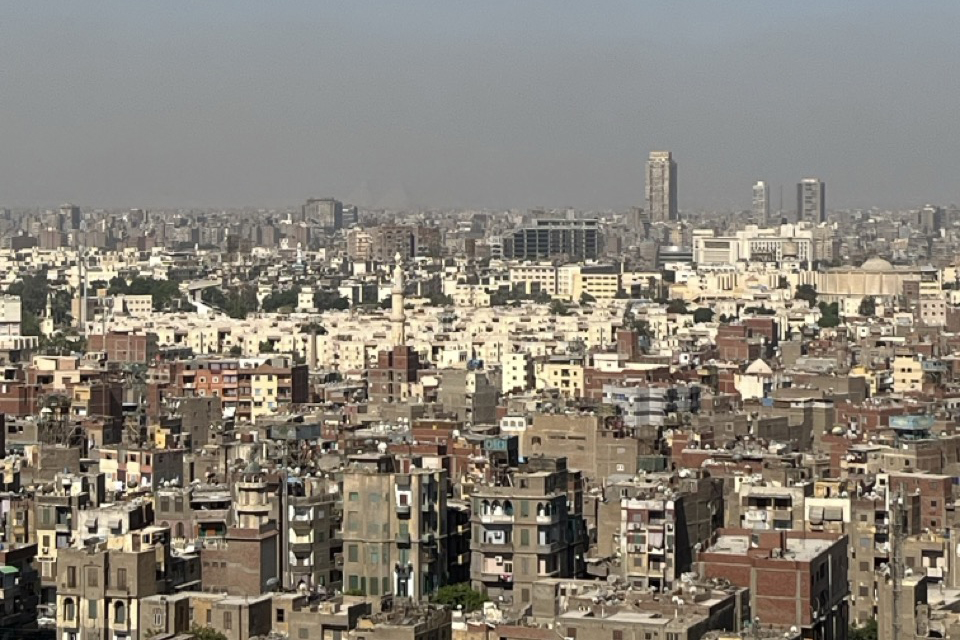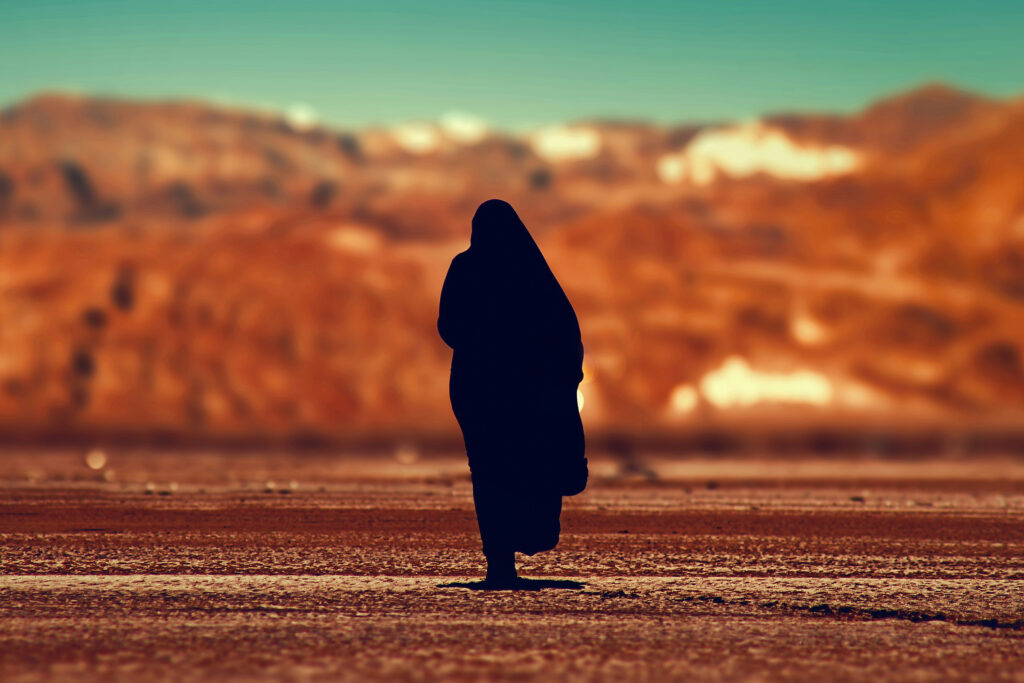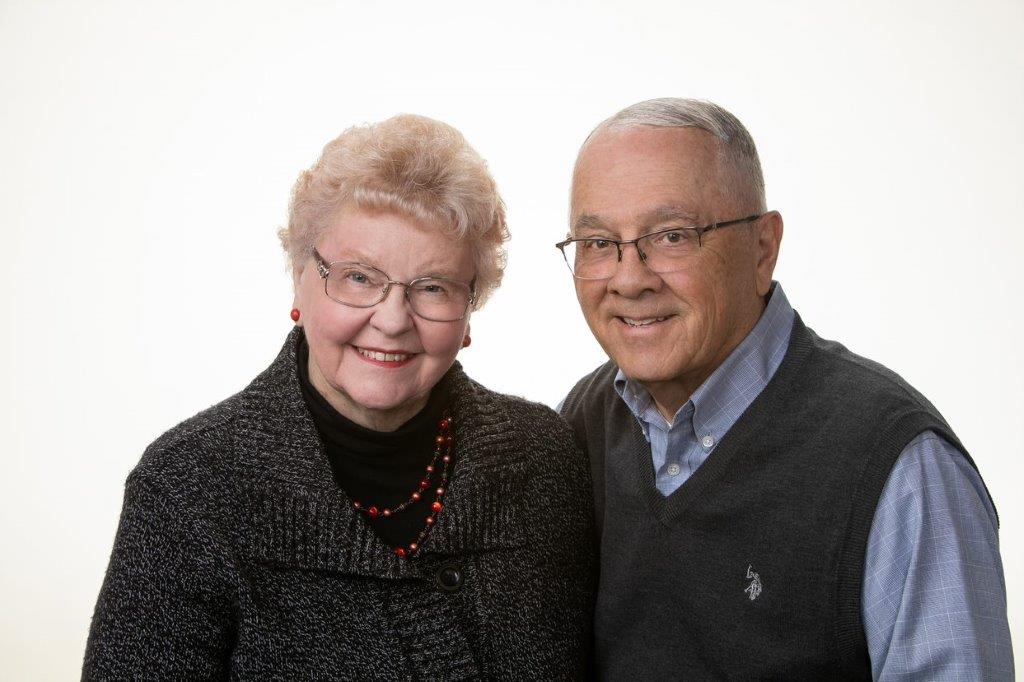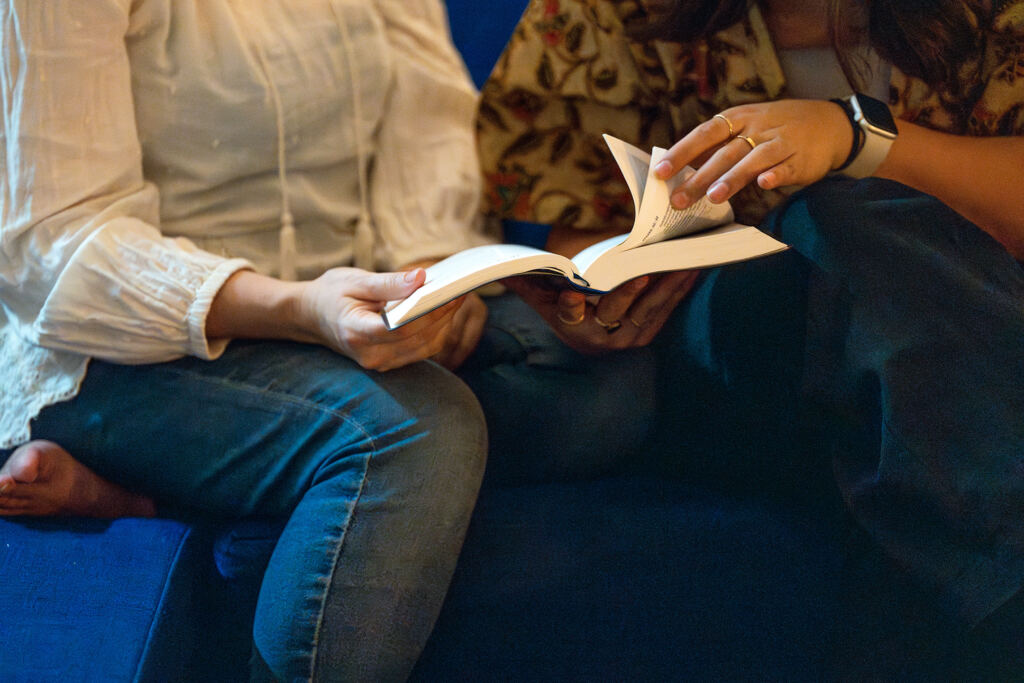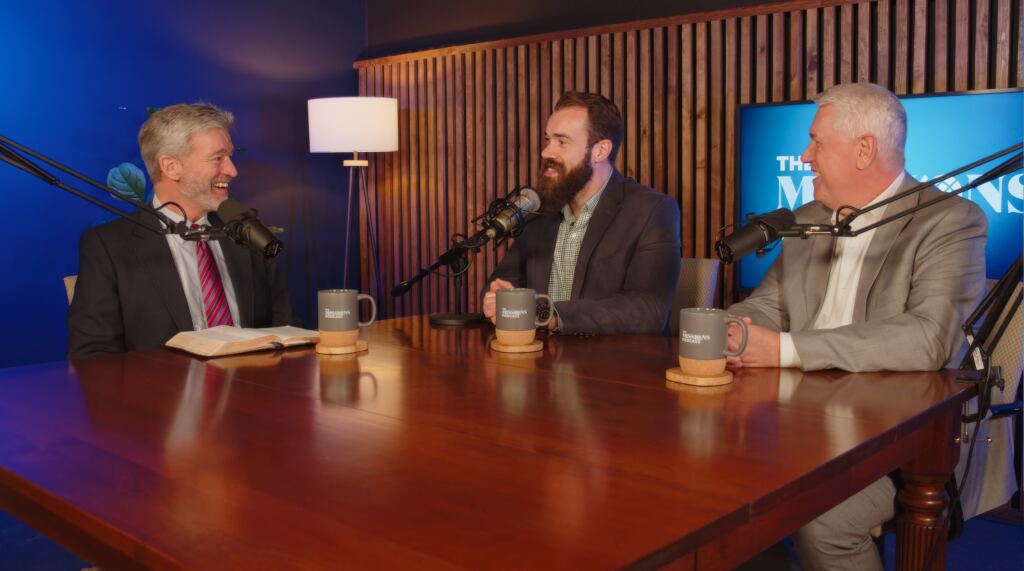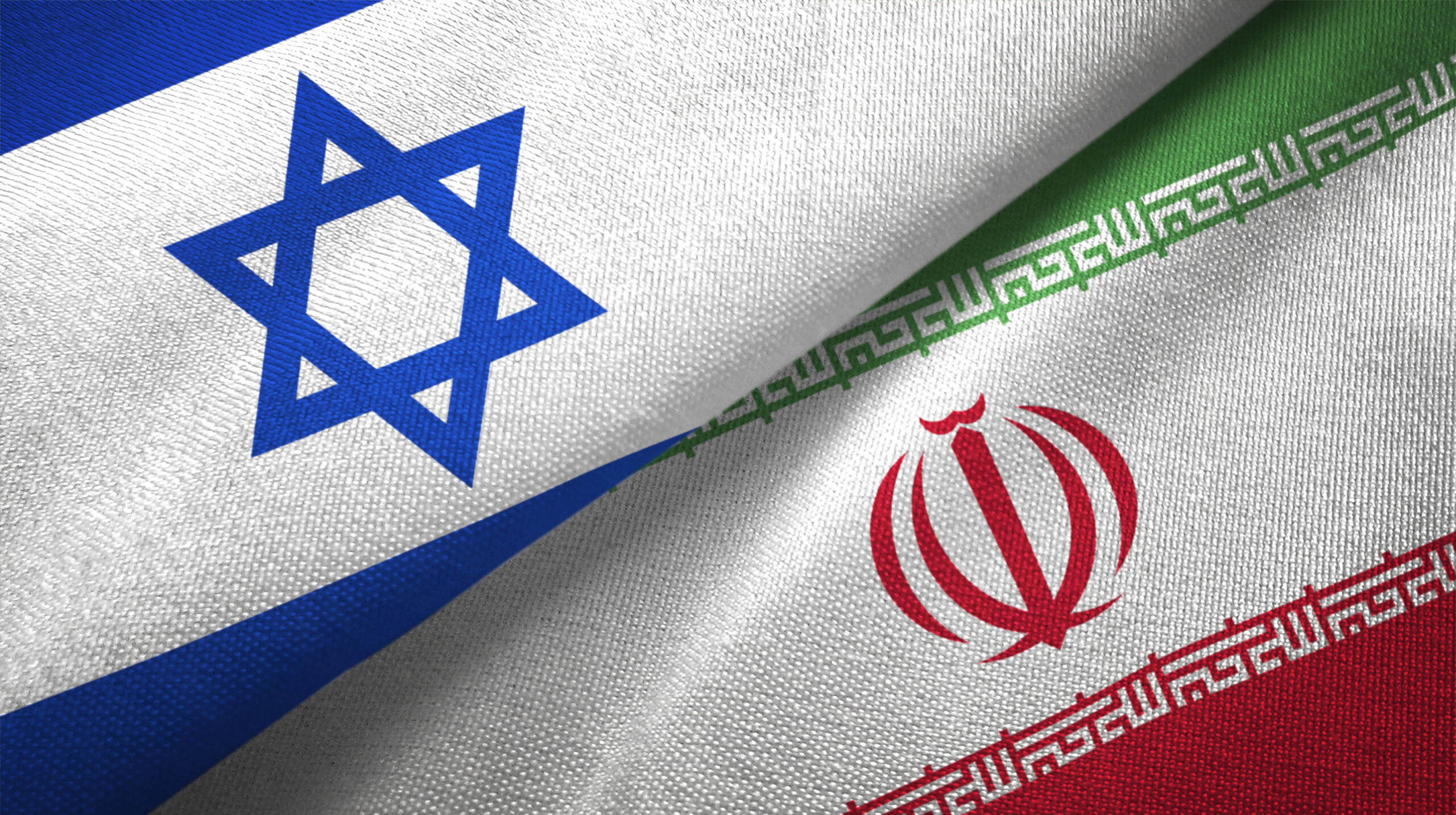Pausing on the dusty ramp ascending to the ancient monument behind us, my friend and I surveyed an endless panorama of sand stretching out of sight, broken often by sand dunes.
“Gives Middle Eastern vibes,” my friend commented with a grin. I laughed, awed for a second by the thought that we were an ocean, a few time zones, and innumerable layers of culture away from home. The rest of our group was walking past us, and we joined them, boarding buses parked nearby to return to the city shrouded in heat waves and smog that sprawled on the horizon.
The next week, deep in the center of that city, I stepped away from the low wall that bordered the citadel, camera set to wide-angle, trying to capture in a photo the endless panorama of buildings broken often by sharp turrets from which the eerie singsong of the Islamic call to prayer would hover over the city like the ubiquitous layer of pollution. Somehow, the dust-grimed browns, reds, and grays of thousands of nondescript buildings blended into the loneliness of the surrounding desert—and the wind-driven, dry sand dunes suggested a restless, thirsty people.
As we chatted over chilled juice or iced coffee, and dusk offered relief from the heat of the day, my local friends would share that restlessness and thirst, almost unwittingly. Carefully veiling themselves with hijabs that always matched their outfit, they ignored the evening call to prayer as we walked around the city, explaining that Allah would probably forgive them. They would try to drown their uncertainty and guilt—which no ritual succeeded in washing away—by watching reels and videos online for hours each night, staying awake until two or three in the morning. Back in my apartment after evenings with these girls, the life-giving promises of Scripture would wash over and fill my soul, and my heart would ache as I imagined my friends endlessly searching on their phones as if they could scroll past their fear and emptiness.
“[M]y people have committed two evils: they have forsaken me, the fountain of living waters, and hewed out cisterns for themselves, broken cisterns that can hold no water” (Jeremiah 2:13).
Knowing their search would be empty again, I prayed, “Lord, please don’t let them satisfy their thirst tonight! Cause them to see that only you offer living water, welling up to eternal life, that you want to lead them out of the desert into a better city.”
Though this Middle Eastern city resembled the desert landscape, throughout Scripture, the hope of a better city contrasts the wasteland. “Some wandered in desert wastes finding no way to a city to dwell in; hungry and thirsty, their soul fainted within them” (Psalm 107:4-5, emphasis added). When Adam forfeited the garden of Eden for a desert of thorns and heartache, he and his descendants looked forward to a new city: “If they had been thinking of that land from which they had gone out, they would have had opportunity to return. But as it is, they desire a better country, that is, a heavenly one . . . . For here we have no lasting city, but we seek the city that is to come” (Hebrews 11:15-16, 13:14). John’s picture of this city reveals its precious distinctive: “Behold, the dwelling place of God is with man” (Revelation 21:3). All our earthly cities are polluted attempts at heavenly things, things yet unseen because the city to which we look forward will not simply be a dwelling place but a fully satisfying dwelling in the presence of God.
Therefore, we walk by faith, not by sight, through the desert that Eden has become towards a heavenly city. Yet, on our journey, it is in the desert that we realize our desperation; it is in the arid heat that we learn to thirst deeply. The Lord who hears the cry of the desperate wanderers in Psalm 107:6 and “[leads] them by a straight way” is the same Lord who, in verse 40, “makes [the evil] wander in trackless wastes” because he delights in saving the humbled. Though we mourn the lifelessness of the desert, we serve the God who redeems it, “mak[ing] the wilderness a pool of water, and the dry land springs” (Isaiah 41:17-18).
In the morning, I paused as I pulled out a chair and sat down, looking out the second-floor window of a favorite coffee shop at brilliant orange trees, broken sidewalks, and beggars huddled against a wall and lounging on the street corner. Opening a Bible app and my journal, I prepared for another day in a city without water. Yet the beautiful gospel truths for which I thirsted in the dry heat of that place fill the pages of that journal and spill into memories of deserts and mosques.
I tasted the water of life and found that the Lord is good. For those who wander in the desert, this is his invitation: “The Spirit and the Bride say, “Come.” And let the one who hears say, “Come.” And let the one who is thirsty come; let the one who desires take the water of life without price” (Revelation 22:17).
